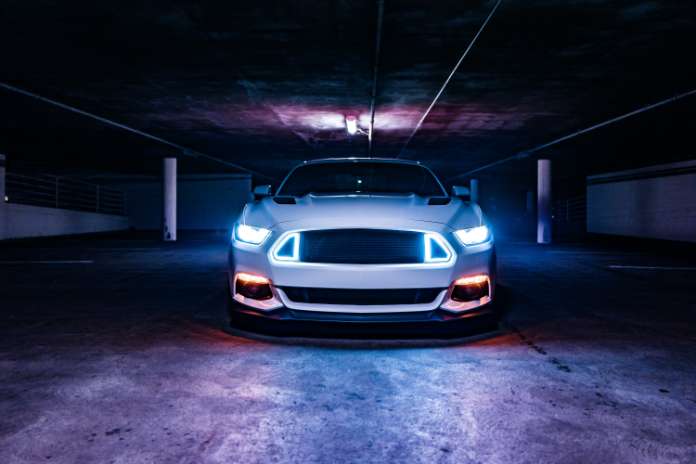In the rapidly evolving electric vehicle (EV) industry, competition is intensifying as manufacturers strive to capture a significant market share. Two prominent players in this field are BYD Company Limited (OTC:BYDDY) and Rivian Automotive, Inc. (NASDAQ:RIVN). Both companies have unique strategies and offerings that appeal to different segments of the market.
BYD, a Chinese automaker, has established itself as a leader in the EV sector with a diverse range of vehicles, including electric buses, trucks, and passenger cars. Their approach focuses on developing a comprehensive ecosystem for electric mobility, encompassing vehicle manufacturing, battery production, and energy storage solutions. This vertical integration allows BYD to optimize costs and maintain a competitive edge in the global market.
On the other hand, Rivian, an American startup, has gained attention for its innovative electric trucks and SUVs. With a strong emphasis on adventure and sustainability, Rivian aims to capture the hearts of environmentally conscious consumers who seek rugged, off-road capable vehicles. Their flagship models, the R1T truck and R1S SUV, have garnered significant interest due to their impressive range, performance, and advanced technology features.
While BYD and Rivian operate in the same industry, their target markets and business models differ significantly. BYD’s extensive product lineup and focus on mass-market affordability contrast with Rivian’s premium positioning and niche market appeal. This divergence highlights the varied consumer preferences and demands within the EV landscape.
Additionally, both companies have been actively expanding their production capacities to meet growing demand. BYD has increased its manufacturing footprint in China and other international markets, leveraging its experience and scale to strengthen its presence globally. Meanwhile, Rivian has secured significant investments and partnerships, including a high-profile collaboration with Amazon for the development of electric delivery vans, which reinforces its commitment to expanding its production capabilities.
The competition between BYD and Rivian underscores the dynamic nature of the EV industry, where innovation and adaptability are crucial for success. As governments worldwide implement stricter emissions regulations and consumers become more environmentally conscious, the demand for electric vehicles is expected to rise further. This presents both challenges and opportunities for automakers like BYD and Rivian to capitalize on the growing market and differentiate themselves through technological advancements and strategic partnerships.
In conclusion, the rivalry between BYD and Rivian reflects the broader trends shaping the future of transportation. Their distinct approaches to production, market positioning, and innovation demonstrate the diverse strategies companies are employing to navigate the evolving landscape of the EV industry. As these companies continue to develop and refine their offerings, consumers can expect to see a wider range of electric vehicles that cater to various needs and preferences, ultimately contributing to a more sustainable and electrified future.
Featured Image: Unsplash @ zombience



